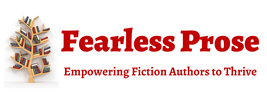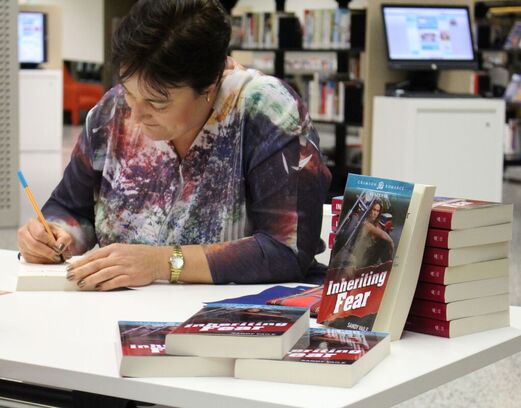|
Author: Sandy Vaile Originally published on the Romance Writers of Australia blog on 18/09/21. Have you published a book yet?You may have heard over and over again that you need to treat your fiction writing like a business or you’ll never be a successful author, but what you don’t often hear is that doing that could be the very thing holding you back. Say what? If you haven’t had your first book published yet, then I believe focusing on the business of writing is wasting writing time, and we all know what a precious resource time is. Building a platform, blogging and posting on social media regularly, getting your branding right, having professional headshots taken and more. Not to mention your day job, family commitments, etc. It’s exhausting just thinking about it all! And when are you supposed to find time to write? Don’t get me wrong, it is important to take any business seriously, but a creative pursuit isn’t the same as a regular business venture. Writing a novel is a labour of love and there isn’t a totally right or wrong way to do it. There isn’t a checklist of what to include that will automatically result in a best-seller. The whole process is more complicated than that. I feel that the assumption you can build a creative business the same way you would for other products or services, leads to a lot of heartache. Sure, in the end you hope to have a book that sells and make money from it, but a regular business venture isn’t founded in the hopes and dreams of the creative arts. It is grounded in measurable goals, trackable data and profitable results right from the start. The truth about an author business
2 Comments
Author: Sandy Vaile Originally published on the Romance Writers of Australia blog, 23/08/21. Immersive Deep Point of View (POV)
|
Fearless ProseEmpowering aspiring authors to confidently write novels they're proud to publish Categories
All
Archives
May 2024
|
© Sandy Vaile 2012-2024 |
Contact and Privacy Policy - About Sandy |



 RSS Feed
RSS Feed